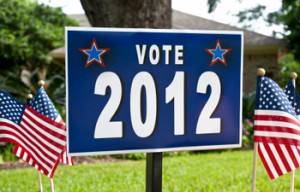What the Unified Agenda Tells Us About Regulation’s Impending Burdens
Unified Agenda of new regulations only tells part of the story.
Improving Drug Safety Regulation after the Meningitis Outbreak
Congress should provide FDA with clearer authority and increased resources.
Exempting Climate Mitigation from OIRA Review
EPA needs less OIRA oversight to address climate change.
The Administrative President
In his second term, President Obama will seek even more policy change by influencing federal administrative agencies.
Members of Congress Need Not Send to Ask For Whom the Bell Tolls
Congress must not forget its role in setting regulatory policy.
The Regulatory Blame Game
Criticism of FDA over meningitis outbreak repeats a familiar pattern of regulatory blame.
Regulation on Election Day
Regulation remains a divisive–and perhaps a decisive–issue in today’s election.
Øresund: A Case Study of EU Regulations and Labor Market Distortions
Commuting patterns highlight differences in labor regulations.
Failing at Failure: An Institutional Analysis of Dodd-Frank’s Orderly Liquidation Authority
OLA applies an ill-fitting model to financial distress resolution and produces troubling participatory effects.












